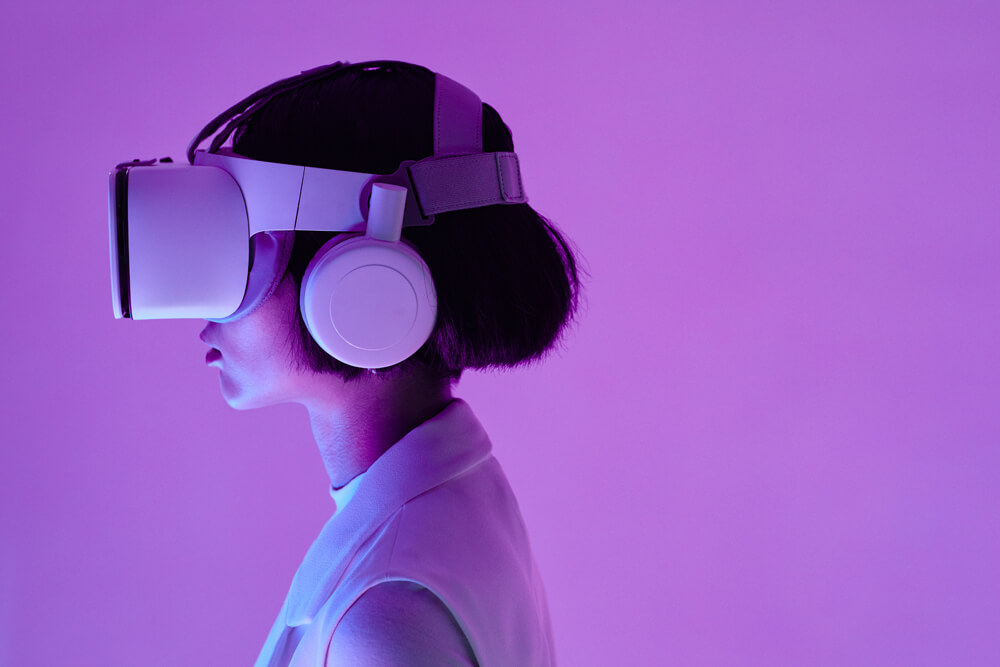TECHNO SLAVES:
The Impact of Artificial Intelligence on Personal Assistants
As technology advances rapidly, many people have become slaves to their devices. From the moment we wake up to the moment we go to bed, we are constantly checking our phones, laptops, and tablets. But what is driving this addiction? The answer, in part, is artificial intelligence.
Artificial intelligence, or AI, refers to developing computer systems that can perform tasks that usually require human intelligence. This includes things like learning, problem-solving, and decision-making. AI has already transformed many industries, from healthcare to finance to transportation. But its effects on our daily lives are the most significant.
One way that AI is changing our lives is through the personal assistants that have become ubiquitous on our devices. Siri, Alexa, and Google Assistant are all examples of AI that can answer questions, play music, and even order pizza. These personal assistants make our lives more convenient, but they also have the potential to collect a great deal of personal information about us. This raises significant privacy concerns and the question of who controls this data.
The Threat of Automation to Employment
Another way that AI is impacting our lives is through the increasing use of automation. Robots and algorithms are now taking over many tasks that used to be done by humans. This has the potential to save companies time and money, but it also means that many jobs are at risk of being replaced by machines. This could lead to widespread unemployment and a decline in the value of human labor.
But perhaps the most insidious way that AI is changing our lives is through the way it is shaping our attention and behavior. Smartphones, with their endless feeds of social media and notifications, are designed to keep us hooked. The algorithms that power these platforms use AI to learn what we like and show us more, creating a never-ending engagement cycle. This has been linked to an increase in mental health issues, such as anxiety and depression, as well as a decline in face-to-face communication and human connection.
The Addictive Nature of Social Media Algorithms
So, what can we do about it? It’s essential to recognize AI’s impact on our lives and take steps to mitigate its adverse effects. Here are five things you can do:
- Take breaks from your devices. Set aside specific daily times to disconnect and engage in activities that do not involve screens.
- Use the “do not disturb” function on your phone. This will help minimize the notifications you receive, allowing you to focus on the task.
- Practice mindfulness. Pay attention to the present moment and resist the urge to check your phone constantly.
- Limit your social media use. Consider deleting apps or setting limits on the amount of time you spend on them.
- Seek out human connection. Make an effort to have more face-to-face interactions with friends and family.
In conclusion, artificial intelligence is changing our lives in ways we are only beginning to understand. While it has the potential to make our lives more convenient and efficient, it also has the power to shape our behavior and attention in ways that are harmful to our well-being. By being mindful of its impact and taking steps to mitigate its negative effects, we can ensure that we are using AI to benefit us as individuals and society as a whole.
